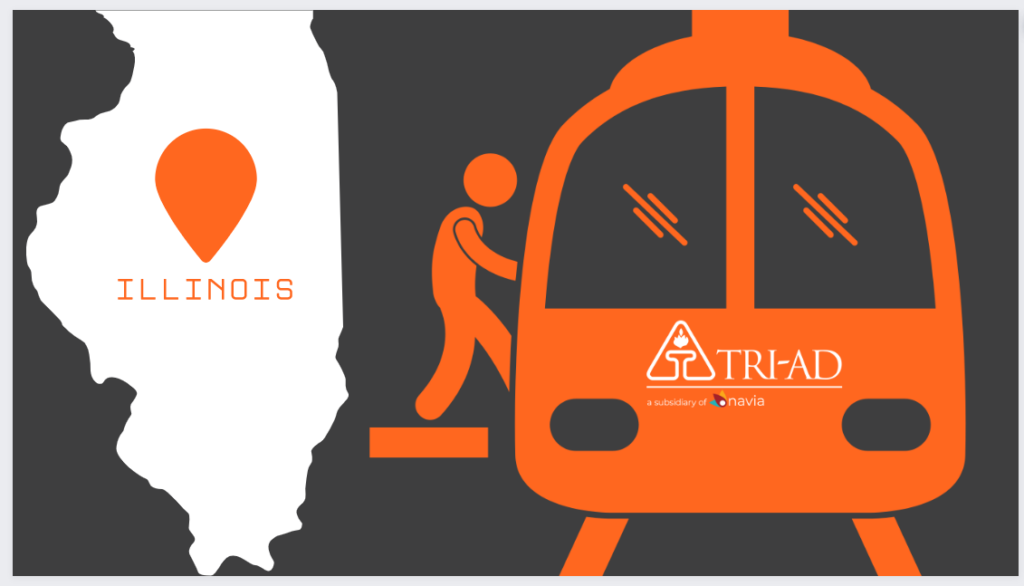The San Francisco Bay Area Commuter Benefits Program, launched on March 26, 2014, requires all employers, whether a private, public or non-profit entity, with 50 or more full-time employees within the jurisdiction * of the Bay Area Air Quality Management District to offer commuter benefits to their employees. This program is intended to reduce air pollution and traffic congestion by decreasing single-occupant commute trips and provide tax saving for employees and employers. This program considers a “full-time employee” as an employee who normally works 30 or more hours per week. Employers subject to the program are required by law to register via the program website, select a commuter benefit option, and offer the benefit to their employees.
Option 1: PreTax Benefit Election: The employer allows employees to exclude their transit or vanpool costs from taxable income, to the maximum extent permitted by federal law (see current IRS tax code for any updates or changes). This option can reduce payroll and/or income taxes for both employers and employees.
Option 2: Employer-provided Subsidy: Employer-provided transit or vanpool subsidy (or transit pass) which covers the monthly cost of the employee’s commute (at least $75 per month).
Option 3: Employer-provided Transit: The employer provides a free or low-cost bus, shuttle, or vanpool service for employees.
Option 4: Alternative Commuter Benefit: The employer provides an alternative commuter benefit that is as effective as the other three options above in reducing single-occupant vehicle trips and/or vehicle emissions. This option provides a means to promote the use of alternative commute modes that are not directly addressed in Options 1, 2 or 3, such as carpooling, walking, telecommuting, compressed work week schedules, or the use of electric vehicles by employees.
Employer Guide & Employee Definitions
FAQ
* The jurisdiction includes all of Alameda, Contra Costa, Marin, Napa, San Francisco, San Mateo, and Santa Clara counties, as well as the western portion of Solano County (including Fairfield and points west) and the southern portion of Sonoma County (including Windsor and points south). Map
Back to top









